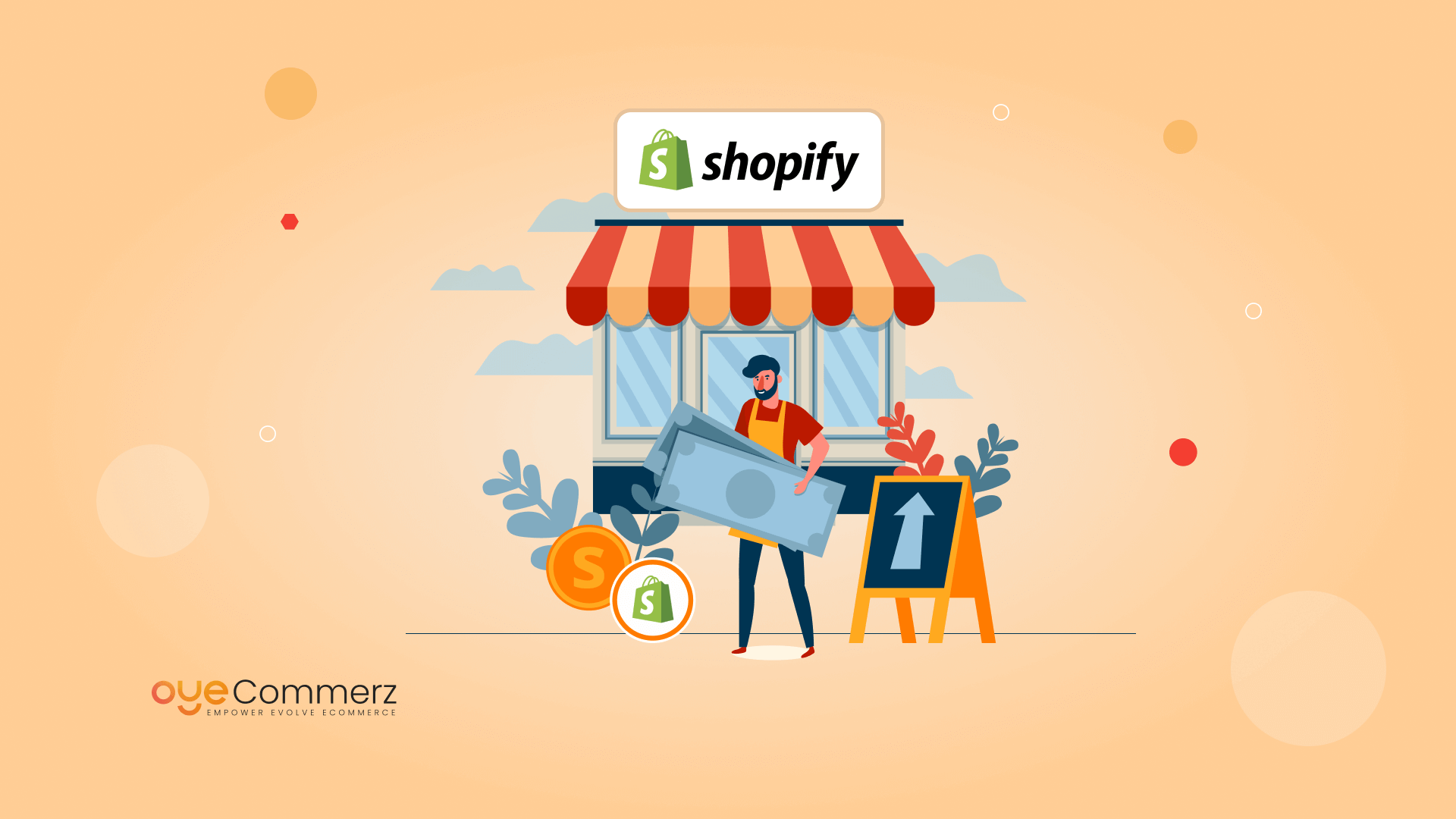Introduction
In today’s cutthroat e-commerce environment, standing out is essential, and a top method to differentiate a Shopify store is through custom app development. A robust Shopify app can enhance store capabilities, simplify processes, and elevate customer engagement. This guide explores key elements of Shopify app development, covering API integration and app ecosystem to growth techniques and digital marketing approaches, offering a roadmap for companies seeking unmatched store performance.
The Importance of Shopify API Integration
Shopify’s API provides powerful tools to personalize and extend store capabilities. With the GraphQL and REST API options, developers can retrieve information to create apps that handle inventory management, order handling, and customer data management smoothly. Using Shopify’s API can lead to better workflow automation and allows stores to serve customers more efficiently.
Utilizing the Polaris Design System
Shopify’s Polaris is Shopify's design system for creating user-friendly and accessible Shopify apps. By adhering to Polaris guidelines, developers ensure that apps integrate smoothly within the Shopify Admin interface. This ensures a cohesive appearance that appeals to Shopify merchants, encouraging usability and familiarity for merchants using your custom app.
Navigating the Shopify App Ecosystem
The Shopify app ecosystem provides numerous opportunities for enhancing e-commerce sites. From managing fulfillment processes to increasing customer interaction, apps in this environment are designed to meet various business requirements. Learning about this system assists developers in identifying unique app ideas and enables smooth connections of third-party services that enhance the store.
Developing Embedded Shopify Apps
Embedded apps integrate directly within the Shopify Admin, providing a smooth interface for merchants. They ensure that merchants don’t have to navigate away from their Shopify dashboard, streamlining their workflow. Employing Shopify App Bridge and embedded app features is a best practice for offering a unified, integrated user experience.
Leveraging Node.js and React for Shopify Development
The technologies Node.js and React have emerged as ideal tools for Shopify app creation. This server-side framework enables efficient server-side applications, while React allows for interactive and adaptive front-end user interfaces. Together, they provide an strong framework for building fast, scalable Shopify apps that enhance store functionality and customer engagement.
Webhooks in Shopify Apps
Webhooks enable instant data synchronization between Shopify and an external app. They trigger events such as order creation or inventory updates and send instant notifications to your app. By utilizing webhooks, apps can deliver real-time insights for store owners, simplifying processes and Integrating third-party services on Shopify increasing efficiency.
Customer Engagement and Digital Marketing for Shopify Apps
To make a Shopify app successful, engaging customers is key. Utilizing digital marketing strategies like SEO, email marketing, and social media campaigns can drive app adoption. Additionally, designing apps with customer interaction as a focus (e.g., loyalty programs or personalized suggestions) boosts user loyalty and satisfaction.
Scaling Your Shopify App
As e-commerce businesses grow, so do their Empower your Shopify store technological needs. Making sure that your app can manage higher usage, larger data sets, and more complex functionalities is essential. By improving server capacity and using scalable technologies, you can create apps that expand in tandem with a store’s success.
Important Features and Maintenance Tips for Shopify Apps
For an app to be effective, it should include key capabilities like user login, analytics dashboard, and support channels. Regular app maintenance, with updates to fix bugs and compatibility checks with new Shopify features, is important to maintain uninterrupted performance and prevent disruptions to merchant workflows.
Summary
Custom Shopify app development holds vast potential for e-commerce stores, offering the chance to improve performance, simplify operations, and build customer relationships. From integrating APIs to ensuring scalability and customer interaction, creating a Shopify app requires careful planning and strategic execution. If you’re prepared to elevate your e-commerce experience, a tailored Shopify application may be the ideal solution. What capabilities do you see for your ideal app? Share your ideas and take the first step toward an optimized e-commerce experience!
